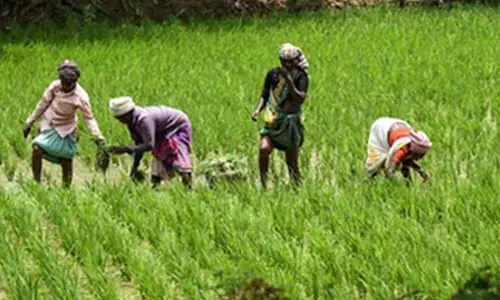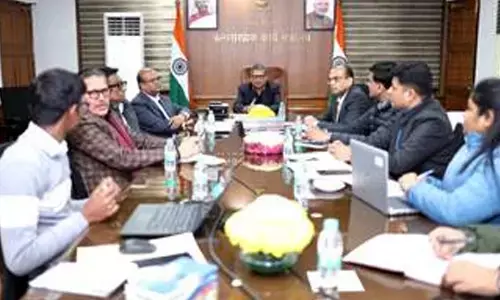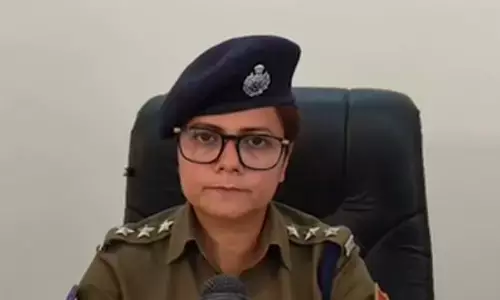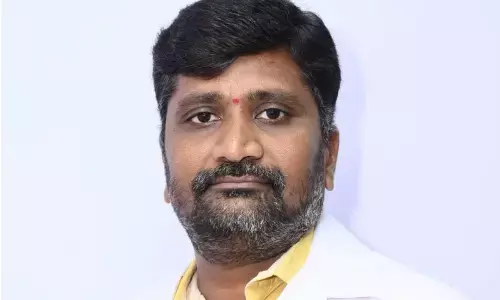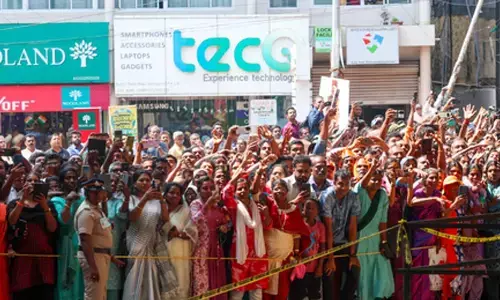Supreme Court Approves Central Forces For West Bengal's Rural Polls
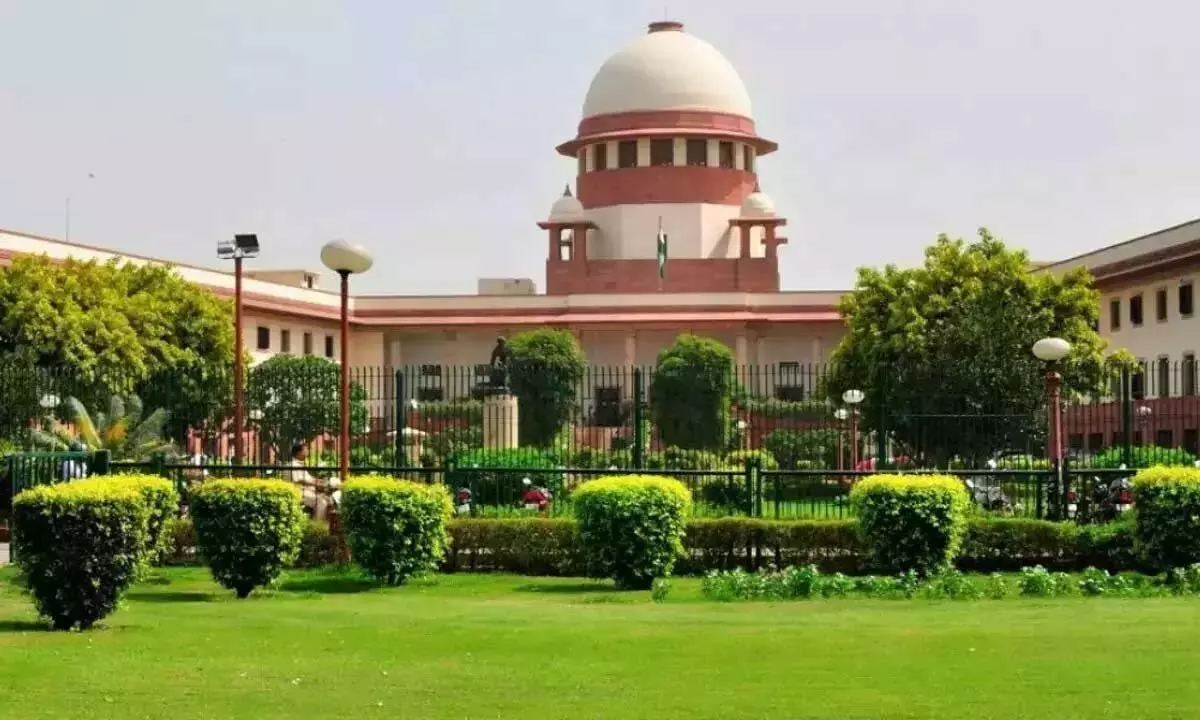 Represented Image
Represented Image- The deployment of central forces for the July 8 West Bengal panchayat elections was permitted by the Supreme Court on Tuesday.
- The state government and the state election commission's appeals against a Calcutta high court ruling in this regard were dismissed.
The deployment of central forces for the July 8 West Bengal panchayat elections was permitted by the Supreme Court on Tuesday.The state government and the state election commission's appeals against a Calcutta high court ruling in this regard were dismissed.
A bench of justices BV Nagarathna and Manoj Mishra explained that since the state is holding voting in all booths on the same day, the high court's directive is to ensure that free and fair elections are held there. No interference is required by the high court's order. They don't interfere with any other high court orders either. All appeals have been rejected.The bench highlighted that free and fair elections are a sign of grassroots democracy and that stationing centralised forces throughout all districts will ensure decorum at all polling places, not only at sensitive ones.
The bench added “Elections cannot be accompanied by violence. If the candidates are unable to file nomination or if they are finished off while they are going to file it then where is the free and fair election?” reported Hindustan Times. The court stated that although the state election commission and the state administration both believed that more forces were necessary for legitimate elections, they disagreed with the high court's order to requisition the central forces.
The bench instructed senior attorney Siddharth Bhatnagar, who represented the West Bengal administration, to bring in central forces that the police forces are unable to handle the problem and the 75,000 booths that you have in the state, even in your opinion. That is why you have requested the police from six nearby states; the high court must have wondered why six states are required.
However, Bhatnagar emphasised that until July 8 when the election is held, it might not be advantageous for the state to have the central forces present. According to the bench, in order to ensure a free and fair election, state and central forces would eventually need to work together.
Next Story








